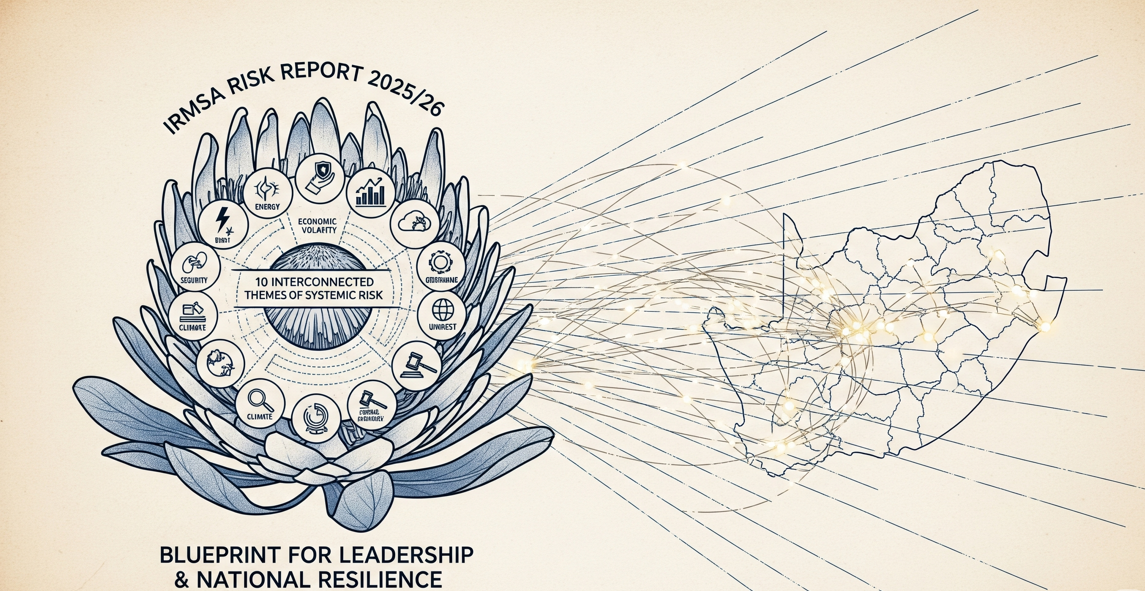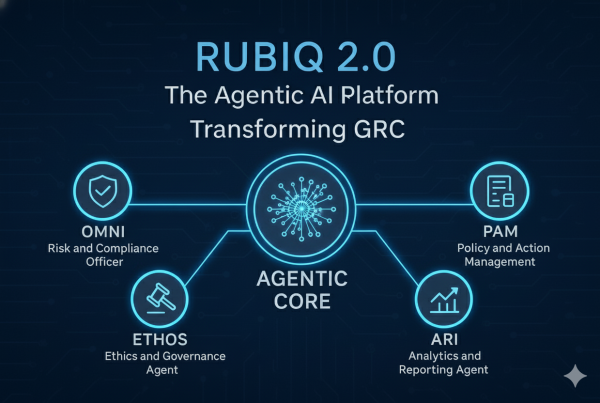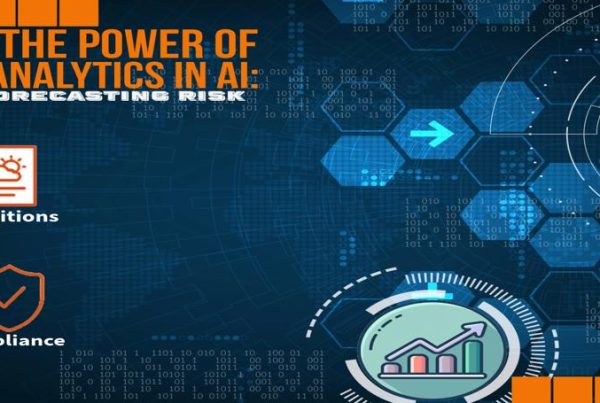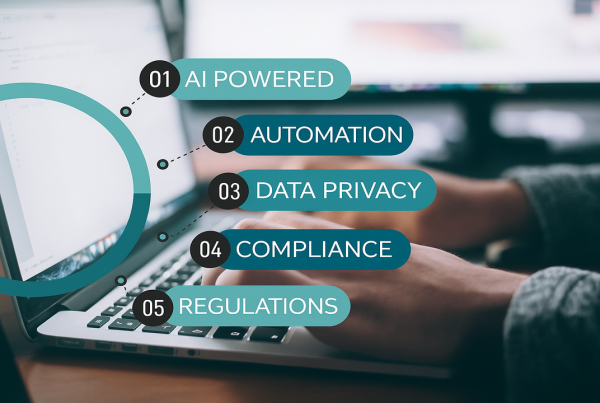IRMSA 2025/26: A Blueprint for Leadership in a Country at a Crossroads
As South Africa enters its fourth decade of democracy, the country finds itself at a profound inflection point. The IRMSA Risk Report 2025/26 paints a vivid picture—not simply of looming threats, but of deeply interdependent systemic risks that could either entrench failure or unlock inclusive growth. Unlike conventional risk registers, IRMSA has reframed its insights through ten interconnected “C” themes, offering a bold, integrated lens to assess national resilience, leadership, and institutional capability.
Interconnected Risks Demand Systems Thinking
These themes—ranging from Cohesive Politics and a Capable State, to Creative Technology and Cost‑Accessible Food Security—highlight that weaknesses in one area cascade across others. For instance, ageing infrastructure doesn’t only affect transport—it undermines service delivery, food security, and economic competitiveness. This systemic framing pushes decision-makers to break free from siloed, reactive management and embrace a forward-looking, systems-thinking approach.
🔍 The 10 “C” Themes: A Framework for Understanding Systemic Risk
IRMSA’s redefinition of risk into ten core, interconnected themes forms the backbone of the report:
- Cohesive Politics – Loss of unity and trust in leadership fosters division and instability.
- Capable State – A weak public sector threatens service delivery and institutional resilience.
- Credible Rule of Law – Poor legal enforcement enables corruption and regulatory inconsistency.
- Capacitated Infrastructure – Decaying or unreliable infrastructure erodes productivity and preparedness.
- Competent People – Skills shortages and education gaps limit innovation and job creation.
- Creative Technology – Falling behind in AI and digital adoption risks stagnation and global irrelevance.
- Competitive Economy – Structural rigidity and inequality constrain sustainable growth.
- Connected Social Security – A fragmented welfare system increases social vulnerability and unrest.
- Context‑Relevant Climate Resilience – Without adaptation, climate shocks intensify floods, hunger and displacement.
- Cost‑Accessible Food Security – Rising living costs threaten access to affordable nutrition, deepening poverty.
These aren’t abstract risks. They’re unfolding in real time—and they’re deeply interdependent. The erosion of institutional trust, for example, doesn’t just affect politics—it has knock-on effects for enforcement of the law, public confidence in services, and the private sector’s willingness to invest.
From Crisis to Scenarios: Leadership Shapes the Future
At the heart of the report is a critical insight: short-termism, self-interest and mismanagement create a domino effect that can push South Africa toward a failed-state scenario. But IRMSA also offers hope—four future narratives that depend on the quality of leadership, ethical resource stewardship, and people empowerment. The most promising scenario, “everyone leading from where they stand,” envisions a country where governance is ethical, innovation is enabled, and social resilience is built from the ground up.
Education, People and the Ethics of Progress
Education and skills, the report emphasizes, are non-negotiable foundations. With contributions from academics and postgraduate students, IRMSA calls for people-centered development as a priority—reminding us that GDP without dignity, inclusion, and competence is not progress. To succeed, South Africa must redesign structural inputs like education, infrastructure and welfare rather than continuing a cycle of reactive crisis management.
A Strategic Imperative for Future-Ready Organizations
For organizations, this is more than national diagnostics—it’s a strategic imperative. Businesses and institutions that align with the 10 “C” themes are better equipped to withstand volatility and thrive. Embedding ethical governance, digital agility, and social responsibility into core operations will distinguish the leaders from the laggards in the years ahead.
📘 Now is the time to act—not merely adapt. Equip your leadership teams with the clarity, tools and insight found in the IRMSA Risk Report 2025/26. It’s more than a snapshot of risk—it’s a roadmap for resilience. [Read the full IRMSA report here.]





